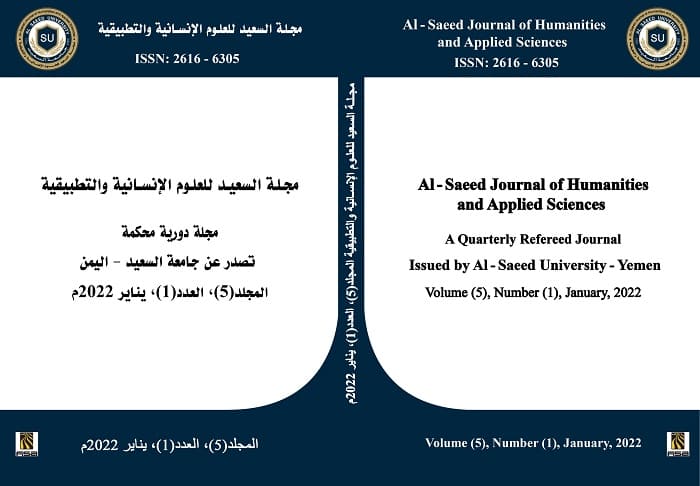Recent trends in development of the principles of public utility
DOI:
https://doi.org/10.59325/sjhas.v5i1.90Keywords:
Administrative law - the general facility - recent trends.Abstract
Public utilities are the organizations that emerge which the rules of administrative law arose, and as a result of which major rulings were issued. The first of these rulings was the rule of Rothschild in the year 1855 and then the rule of Blenco in the year 1873 and the beginning of the emergence of the theory of the public utility, as this theory became the focus of many jurisprudential studies by senior French public law jurists Such as (Doji, Bonar, Doi Lopedir), where the idea of the general facility for these jurists represents the basis of administrative law and its cornerstone in the construction of most of its principles and theories, as it is at the same time the criterion for the application of the rules of administrative law and the criterion for the competence of the administrative judiciary.
Al-Faqih Geez argues that the distinct legal theories and principles that constitute the essence of administrative law are nothing but means to facilitate the regular and continuous functioning of the public utility and to give it the maximum possible possibilities of satisfying public needs and the requirements of the public interest in a fast and integrated manner.
Public utilities of all kinds and forms are established to satisfy the general needs of citizens. Therefore, they are subject to a set of general principles that are consistent with their function in achieving the public interest, in addition to the subjection of each of them to distinct rules consistent with its objective and the method taken to manage it.
The principle of the regular and steady functioning of the public utility has become the basis for the rules prohibiting strikes, the organization of resignation and the theory of emergency conditions. The principle of keeping pace with emerging circumstances has become the basis for the rules for amending the legal status of the public servant and amending the administrative contract by the unilateral will of the administration. The principle of equality within the framework of the public facility has become a basis for discrimination between utility employees public servants in cities and employees of public utilities in the countryside according to objective criteria.
In this research, we try to develop the principles of the general facility by adding three other principles to the aforementioned principles because of their importance in our present time. So, the principles of the general facility have become six principles as follows:
- The principle of regular and steady functioning of the public utility.
- The principle of keeping pace with the general facility with the emerging conditions.
- The principle of equality within the framework of the public service.
- The principle of human freedom within the framework of the public facility.
- The principle of social justice within the framework of the public service
- The principle of public facility security.
In this research, we will take the descriptive method, which is a method in which we rely on describing and analyzing the activity of the public facility, and devising innovative ideas through which we add to the theories of the public facility and develop its rules.
Downloads
Published
How to Cite
Issue
Section
License
copyright is retained by the authors. Articles are licensed under an open access Creative Commons CC BY 4.0 license, meaning that anyone may download and read the paper for free. In addition, the article may be reused and quoted provided that the original published version is cited. These conditions allow for maximum use and exposure of the work.



